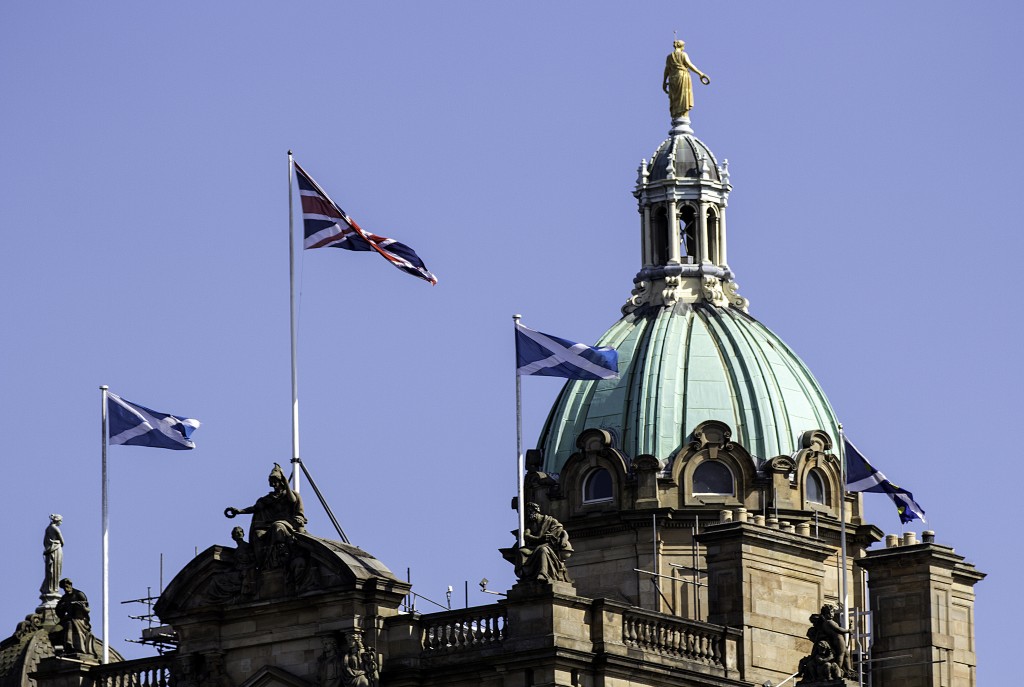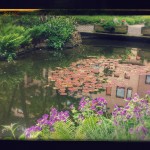Just over a week ago, I was sitting in 10to10inDelhi, a wonderful little café in Edinburgh, which serves cheap, plentiful and delicious Indian food. The clientele was incredibly diverse: two elderly Morningside ladies (i.e. Scottish, white, wealthy, and middle class); a small group of young Scottish Muslim men (of presumably Pakistani ancestry) and their American friend, who were discussing gun laws in the USA; a white English family, bringing their son to start his term at the university. A punky-looking young white woman. An elderly white man whose clothes had seen better days.
As each table went up to the counter to pay their bill, there was just one topic of conversation between them and the café staff: the referendum.

Last week was one of the most significant events in British politics within my adult lifetime — as significant, in my opinion, as the Miners’ Strike, the Poll Tax ‘Riots’, the resignation of Margaret Thatcher, or the signing of the Good Friday Agreement.
On Thursday, 18th September, the eligible resident populace of Scotland — including 16 and 17 year olds, and all EU citizens — were given the opportunity to vote on whether Scotland should become an independent nation, or should remain part of the United Kingdom. The campaigning on both sides had been gathering pace for months, and reached a frenzy in the last few days.
In the event, the electorate voted against independence for Scotland by a margin of 10 percentage points: 55% for, 45% against. I was deeply, deeply disappointed by that outcome. Not because I am a nationalist of any kind, but because this kind of opportunity, for a people to shape an entire nation, from the ground up, is one that may come only once in a person’s lifetime, if at all.
And yet, in the aftermath of the vote, I am still excited.
Why?
Because I live in a country that has been widely, deeply and publicly engaged in politics by this debate.
I live in a place where the people have woken up to the fact that politics is not about economic theories or budget deficits, not about which nation has what currency, but about them.
In the run up to the vote, 97% of the eligible Scottish population registered to vote. And on the day of the referendum (or previously, by post), 84.6% of those registered to vote placed their cross on the ballot paper.
I’ll let those figures sink in for a moment. 97% of those eligible registered to vote. 85% of those registered actually voted.
In how many nations, in how many elections, anywhere in the world, do we ever see figures like those?
Neither side of the campaign leadership covered themselves with glory. Both sides were evasive, on occasion abusive to one another, and resorted to half-truths and outright lies.
But to me, it wasn’t and isn’t the leadership that matters. It’s the ordinary people who were and still are debating the issues that matter to them — and not just online, but in pubs, cafés, homes, schools, social clubs, and places of worship all over the country.
It doesn’t seem like happenstance to me that the vote and its ripples happened around the autumn equinox.
Each equinox is a time of balance between dark and light, night and day. And here in Scotland, we have held the possibilities of past and future, the known and the unknown, in the balance, in our own hands. And even though the vote was for the status quo, our world has changed. We are looking at our hands, which held that balance, and wondering what else they can do.
I am not a nationalist, but right now, I am very, very proud of this country, and this people.
















